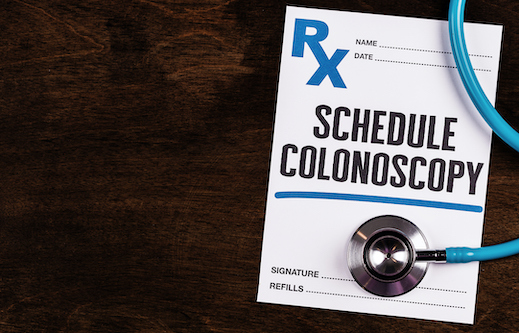Understanding your benefits when it comes to colon health, colonoscopy
March 26, 2021
This paid piece is sponsored by Avera Health.
More consumers are becoming price conscious about all aspects of their lives. That includes their medical bills.
Insurance can play an important role in covering necessary screenings, such as colonoscopy. If you are price conscious, you can better understand how much this important examination will cost if you talk to your insurer and your provider by making a few important phone calls before you schedule.
“Understanding how your plan covers colonoscopies or other exams is important,” said Dr. Preston Renshaw, Avera Health Plans chief medical officer. “It can help you avoid surprises when you get an explanation of benefits or bill after the exam.”
Start with your insurance customer care team
Colonoscopies are recommended for everyone 50 or older. Some people who have a family history of colon cancer are encouraged to get the exam earlier.
“If you’re 50 or older and have no history, most insurance coverage will pay for a screening colonoscopy at 100 percent as a preventive benefit,” Renshaw said. “Family history of colon cancer or symptoms can change how things are coded or billed.”
Symptoms can mean your exam is a diagnostic colonoscopy – not a screening exam. Diagnostic exams would have out-of-pocket costs from co-pays, co-insurance or deductibles.
That’s why checking with your insurer first is best. You can ask questions such as:
- What preventive exams are covered in my plan?
- Is colonoscopy covered only as a screening exam?
- If my colonoscopy becomes a diagnostic exam, how will that affect me?
- What coverage is available for me for a diagnostic exam?
- If the doctor finds polyps or a suspicious lesion, how will that affect my coverage?
- Are there other options for colon cancer screening that my plan covers?
Ask all the questions you have – the facts will help you decide what to do.
“Not enough people truly understand their benefits and take advantage of important screenings, like colonoscopies, that could be covered 100 percent,” Renshaw said. “Knowing your plan will help you to take a more proactive approach to health.”
Ask your provider all your questions
Some of the symptoms of possible colon cancer include blood in the stool or dark, tar-like stools. Changes in bowel habits and pain in the abdomen are other indicators of possible colon cancer. Talk to your provider as well as your insurer. Both sides have information you can use.
“We can provide information on benefits, but we do not automatically know the costs,” said Tammy Geraets, customer care supervisor with Avera Health Plans. “You might schedule a screening colonoscopy, which is considered preventive, and it would be covered at 100 percent.”
Yet your provider also might suggest an exam of your upper gastrointestinal tract. If so, that part of the exam would not be considered screening. It would be subject to co-pays or deductibles. Charges for anesthesia or laboratory pathology are additional considerations.
“These parts would not fall under preventive care benefits,” Geraets said.
If your provider feels the exam will be diagnostic, it’s a good idea to make another call to insurance to understand your coverage.
“Many factors come into play – including location,” Renshaw said. “That’s why doing your homework is important. We want every patient to get their preventive exams. It’s better for you to have all the facts and make that appointment. We are here to assist in that process.”
Even if there are some out-of-pocket costs, getting a colonoscopy as a preventive procedure is much less expensive than getting colon cancer. Treatment for the disease would include costs for surgery, possibly chemotherapy or radiation treatments, as well as high personal costs for you and your family.
Other colon screening options
Colonoscopy is considered the best approach to colon cancer prevention because during the exam, precancerous polyps can be removed. Lab tests of stool or CT exams are other options for people who decide to avoid colonoscopy, but insurance coverage may not cover these as preventive measures. That’s why having all the facts – before you decide on your approach – is best.
“Once you have the facts, and you can use them to evaluate your options,” Renshaw said. “The best exam is one people get – no matter if it is a colonoscopy or another screening test. That’s why having a thorough conversation with your provider is also critical. As a physician, I know it is extremely important to get more patients screened for this disease that remains the second leading cause of cancer deaths.”
Learn more at Avera.org/colon-screening.







